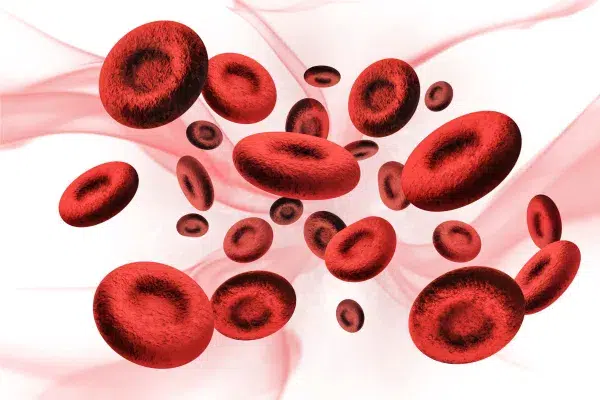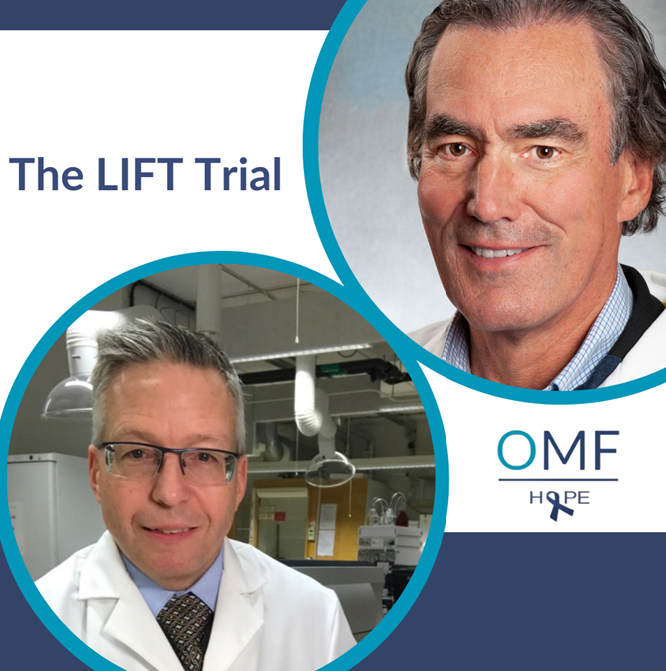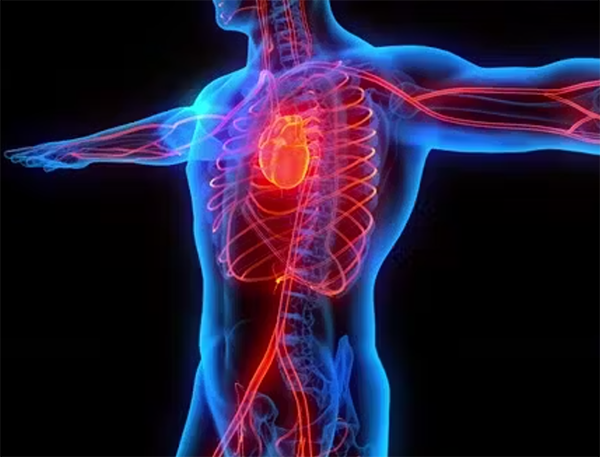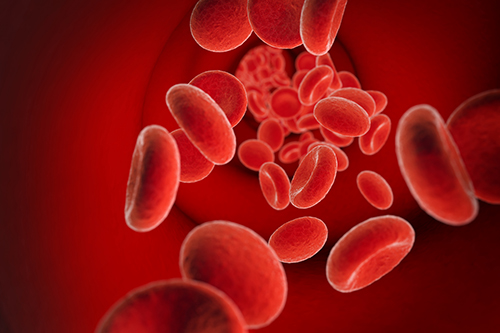Vascular Study of Orthostatic Intolerance in ME/CFS

The study aims to investigate the effects of supine vs upright exercise on cerebral blood flow, blood pressure, heart rate, and the presence of autoimmune antibodies in ME/CFS patients with orthostatic intolerance, compared to controls, to understand the underlying mechanisms and differences in symptom severity and post-exertional malaise.
Crash-Course: Studying PEM/flares in ME/CFS, PTLDS, Long COVID

The study aims to compare biological markers during mild symptoms and flare/PEM events in individuals with ME/CFS, alongside PTLDS and Long COVID patients, using finger-prick blood samples and continuous data from wearable sensors to understand symptom variability.
AusME Biobank Biomarker Project

The study aims to utilize the Australian ME/CFS biobank for metabolomics analyses and other assays to identify potential biomarkers for Myalgic Encephalomyelitis/Chronic Fatigue Syndrome, contributing to a comprehensive dataset for large-scale analysis.
The Life Improvement Trial (LIFT)

The Life Improvement Trial (LIFT) aims to investigate two drugs, separately and in combination, Pyridostigmine (commonly known as Mestinon) and Low-Dose Naltrexone (LDN), for efficacy and to research the difference between responders and non-responders.
Temporally Resolved Omics Tracking of ME/CFS (TROT-ME)

This study seeks to understand the biological mechanisms driving the symptomatology of Myalgic Encephalomyelitis/Chronic Fatigue Syndrome (ME/CFS) using metabolomic and lipidomic high-throughput analysis and high-frequency blood sampling over a 6.5 to 7.5 hour period conducted at two separate sites (Melbourne and Uppsala).
Network Medicine to Identify Disease Mechanisms & Treatments

The goal of this project is to use data integration and network analyses to discover disease mechanisms and potential treatments.
iCPET Omics Studies of ME/CFS

This Harvard study evaluates the different explanations of heart preload failure in ME/CFS patients to determine which is active in many, if not all, ME/CFS patients. The Computation Center is now seeking to better understand the causes of ME/CFS (PLF, the high flow type) as well as to identify potential drug targets for future therapies.
OMF Data Center

The purpose of the OMF Data Center is to house raw data and processed results, which is shared with our research network through the web-based data portal.
Red Blood Cell Deformability in ME/CFS (RBC Biomechanics)

The goal of the project is to develop, characterize, and validate a microfluidic chip for the estimation of biomechanical properties of red blood cells (RBCs) isolated from ME/CFS patients vis-à-vis healthy controls.
Genetic and Metabolic Markers of BH4 Deficiency in Long COVID

This project aims to test whether
genetic markers and other indicators of BH4 deficiency are also present in subjects with Long COVID.